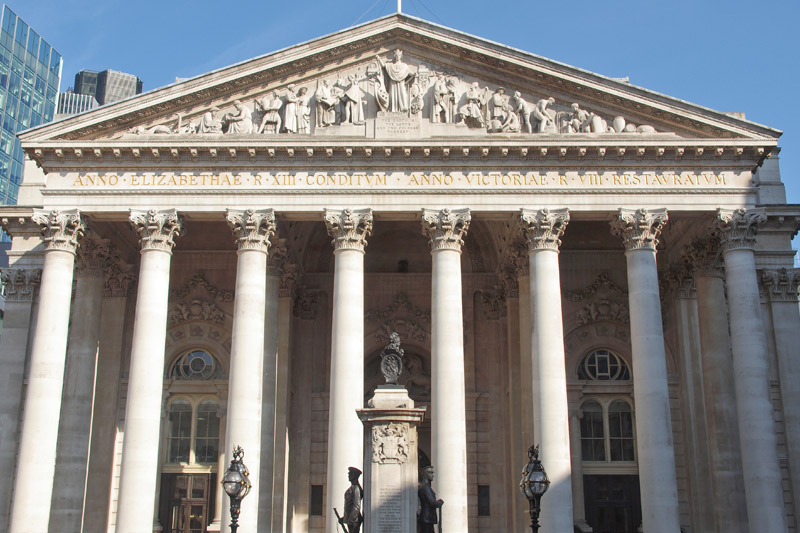By Geoffrey Smith
Investing.com -- Europe’s stock markets are taking the prospect of a delayed Blue Wave better than their counterparts in the U.S.
By mid-morning in London, the benchmark Euro Stoxx 600 index was up 0.7% at 403.60, a new post-pandemic high, as the more immediate challenges of the pandemic yielded to optimism over expectations of bigger U.S. stimulus packages under a Democrat-controlled Congress, accompanied by more action by the Federal Reserve to ensure that any increased debt issuance doesn’t lead to higher bond yields.
By contrast, U.S. stock futures were mostly lower: Dow Jones futures eked out a gain of 0.2% but Nasdaq futures fell 1.8% and S&P 500 futures fell 0.3%, as fears of tighter regulation and higher taxes – especially capital gains taxes – dominated.
The moves were a reaction to signs that Democratic candidates won both of Georgia’s two Senate seats in runoff elections on Tuesday. That result, if confirmed, will mean that the Republican Party loses control of the Senate: it is now split 50-50, and Vice President-elect Kamala Harris’ casting vote in the event of a tie means that Biden will find it easier to push through his cabinet appointments and his future fiscal policy.
The market moves may look paradoxical but are easily enough explained. A fresh tide of U.S. stimulus will lift most, if not all, equity market boats around the world, while the effects of regulation and taxes will hit U.S. investors disproportionately.
Beyond that, though, the gains for Europe from a Blue Wave are less clear. True, it reduces the risk of trade wars between the U.S. and European Union, given that Biden and his team appear more committed to multilateral policymaking. But this was not an issue that depended on control of the Senate, and had been largely priced in already: shares in Remy Cointreau and Pernod Ricard (PA:PERP), two French drinks makers who were set to be hit with tariffs this year under the Trump administration’s plans, both fell over 1.2%.
More importantly, the prospect of a more concerted attempt by authorities to weaken the dollar and generate more inflation is pushing the euro up to a level where European exporters have – in recent years at least – started to struggle. The euro hit a fresh 32-month high of $1.2346 in response to the news and its upward momentum still appeared to be intact as of 5:30 AM ET (1030 GMT).
Conspicuously, the commodities-heavy FTSE 100, up 1.8%, was far outperforming the export-sensitive German DAX, which rose only 0.8%.
Other big gainers in Europe included building materials group CRH (NYSE:CRH), which rose 5.6% on knee-jerk expectations of higher infrastructure spending from the new administration despite countless disappointments on this issue over the last decade. But banking stocks, too, gained on expectations of a faster global recovery that will reduce the risk of bad loans. After CRH, the Euro Stoxx 50’s biggest gainers were three banks: ING Group (NYSE:ING), Santander (MC:SAN) and BNP Paribas (OTC:BNPQY), which all gained between 4% and 5.2%.
That's despite the obvious risk that the European Central Bank will be under more pressure to ease its own monetary policy further to keep the exchange rate at an acceptable level. Negative ECB rates and aggressive financial repression through quantitative easing have been two of the biggest factors behind the poor performance of Eurozone bank stocks in recent years.
